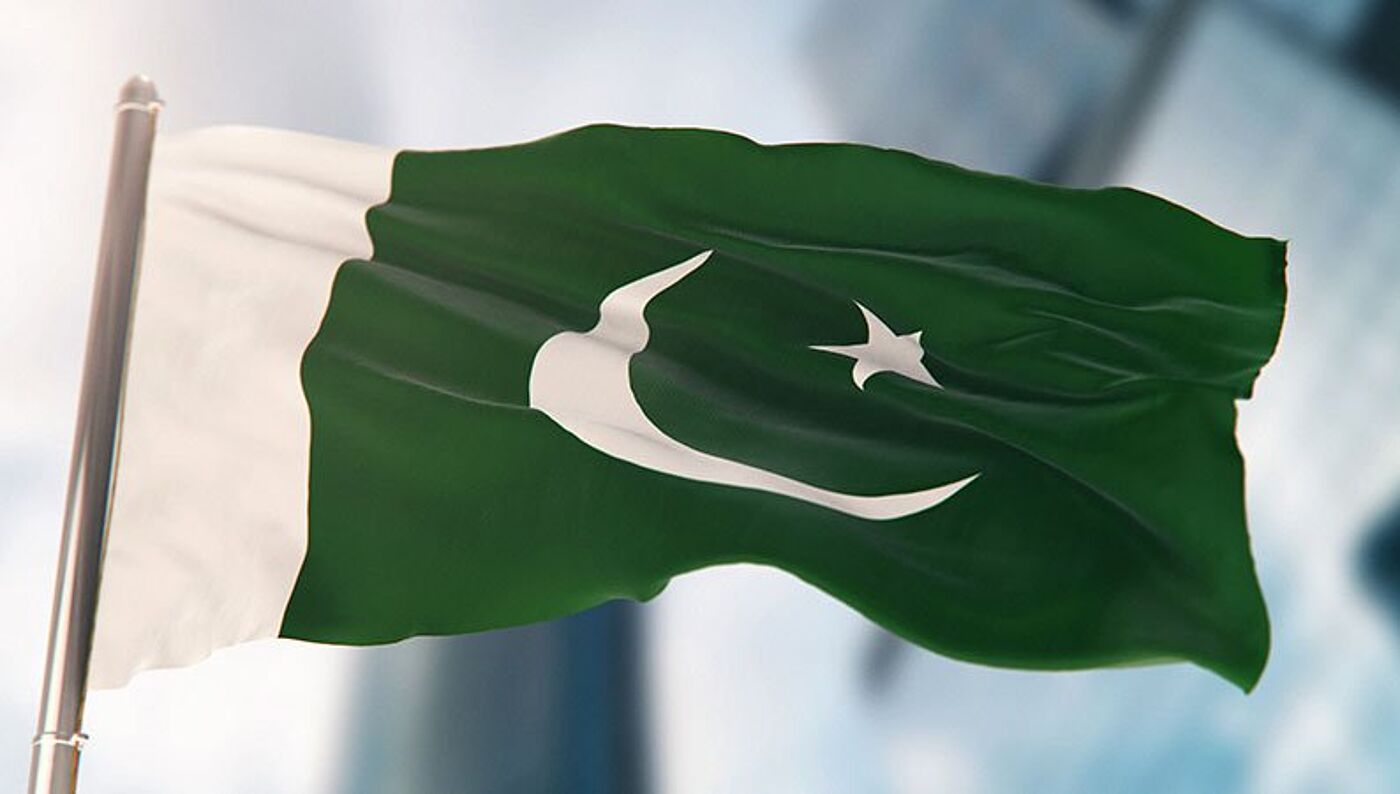
Pakistan joins the Madrid System: facts and key takeaways
The decision of the Pakistani government to accede to the international trademark registration framework administered by the World Intellectual Property Organization (WIPO) could have a notable positive impact on Intellectual Property (IP) protection in South Asia and help galvanize trade in the region.
February 24, 2021, marked a pivotal occasion for the Islamic Republic of Pakistan when Khalil-ur-Rehman Hashmi, Ambassador and Permanent Representative of Pakistan to the United Nations, met with WIPO Director Daren Tang in Geneva to formally submit his country's instrument of accession to the Madrid Protocol.

Pakistan is now the 108th member of the Madrid System, to the advantage of South Asia's IP sector and the wider economy. As such, Pakistan's domestic trademark holders will be able to conveniently register their marks across the 123 territories under the System's aegis when the Protocol enters into full effect on May 24, 2021. Organizations that do business in Pakistan — or are considering doing so — would do well to review the key facts regarding this major development and its implications.
Madrid's latest SAARC signatory
The South Asian Association for Regional Cooperation (SAARC) was founded more than 35 years ago to stimulate the region's economic and cultural development, and comprises eight member states: Afghanistan, Bangladesh, Bhutan, India, Maldives, Nepal, Pakistan and Sri Lanka. Despite political tensions between some members, treaties like the South Asia Free Trade Area (SAFTA) agreement have facilitated broader mutual benefit. With this latest signature, Pakistan is now the fourth SAARC nation to assent to the Madrid Protocol, following India, Afghanistan and Bhutan.

This move strengthens Pakistan's position on the world economic stage by spurring local investment and attracting foreign capital. The nation's innovators and company leaders now have the capacity to bolster IP protection for their brands in ways that their SAARC counterparts in countries like Bangladesh and Nepal – which have made some overtures about joining the Madrid System – still cannot.
A giant leap for Pakistani IP law
Laws protecting IP in Pakistan have been in effect for decades, with a few for 150 years or more; however, appropriate enforcement has not always been guaranteed.
Mujeeb Ahmed Khan, Chairman of the Intellectual Property Organization of Pakistan (IPO-Pakistan), acknowledged the need for more effective execution of the country's IP laws in a June 2018 brief to the Pakistani Senate — well before this year's accession to the Madrid Protocol. In fact, the Chairman recommended in the same brief that Pakistan join the Madrid System a year earlier than it did, and stated that the nation would become a member of the WIPO's Patent Cooperation Treaty (PCT) by July 2020, a commitment ultimately not met. This default can almost certainly be attributed to the disruption caused by the COVID-19 pandemic. On the other hand, the reason for delaying accession to the Madrid Protocol is less readily apparent.
Nevertheless, joining the Madrid System means Pakistan is now a signatory of four principal IP treaties, the other three being the Berne Convention, the Trade-Related Aspects of Intellectual Property (TRIPS) agreement and the Paris Convention for the Protection of Industrial Property.
Major potential for Pakistan's brands
Announcing Pakistan's accession to the Madrid Protocol, WIPO Director Daren Tang spoke ebulliently of the economic possibilities for both exports and imports.
"Pakistan-based brands like spices giant Shan Foods, or [the] fashion house Khaadi, with its distinctive hand-woven kurtas, will find it easier and cheaper to get protection in export markets," Daren Tang said in his video statement. He added that startup entrepreneurs and small-to-medium-sized enterprises (SMEs) had just as much opportunity to gain from the Protocol, before expounding on the potential for importers.

"For those interested in bringing their brands to the huge Pakistan market of over 200 million [people], the Madrid System will make it easier for them to enter and scale into Pakistan," Daren Tang explained. "[The nation] has taken an important step in supporting its brand owners, entrepreneurs and enterprises, as well as further strengthening its IP ecosystem."
Ambassador Khalil-ur-Rehman Hashmi called the move "a win-win proposition" in light of rapid economic growth in Pakistan and Asia as a whole. The most immediate beneficiaries of Pakistani participation in the Madrid System will likely be high-profile local brands such as QMobile or National Foods, alongside the aforementioned Shan and Khaadi. Thereafter, as a more robust IP services sector emerges due to the greater demand, it will be easier for all organizations across Pakistan to pursue IP rights protection.
If you need assistance with your IP projects in Pakistan, Dennemeyer — in keeping with our commitment to a worldwide presence — is your solution.
Filed in

A country and a supermarket continue their tussle over a trademark. Meanwhile, a study reveals the extent of academic patents in Europe and a publishing house tackles AI.



